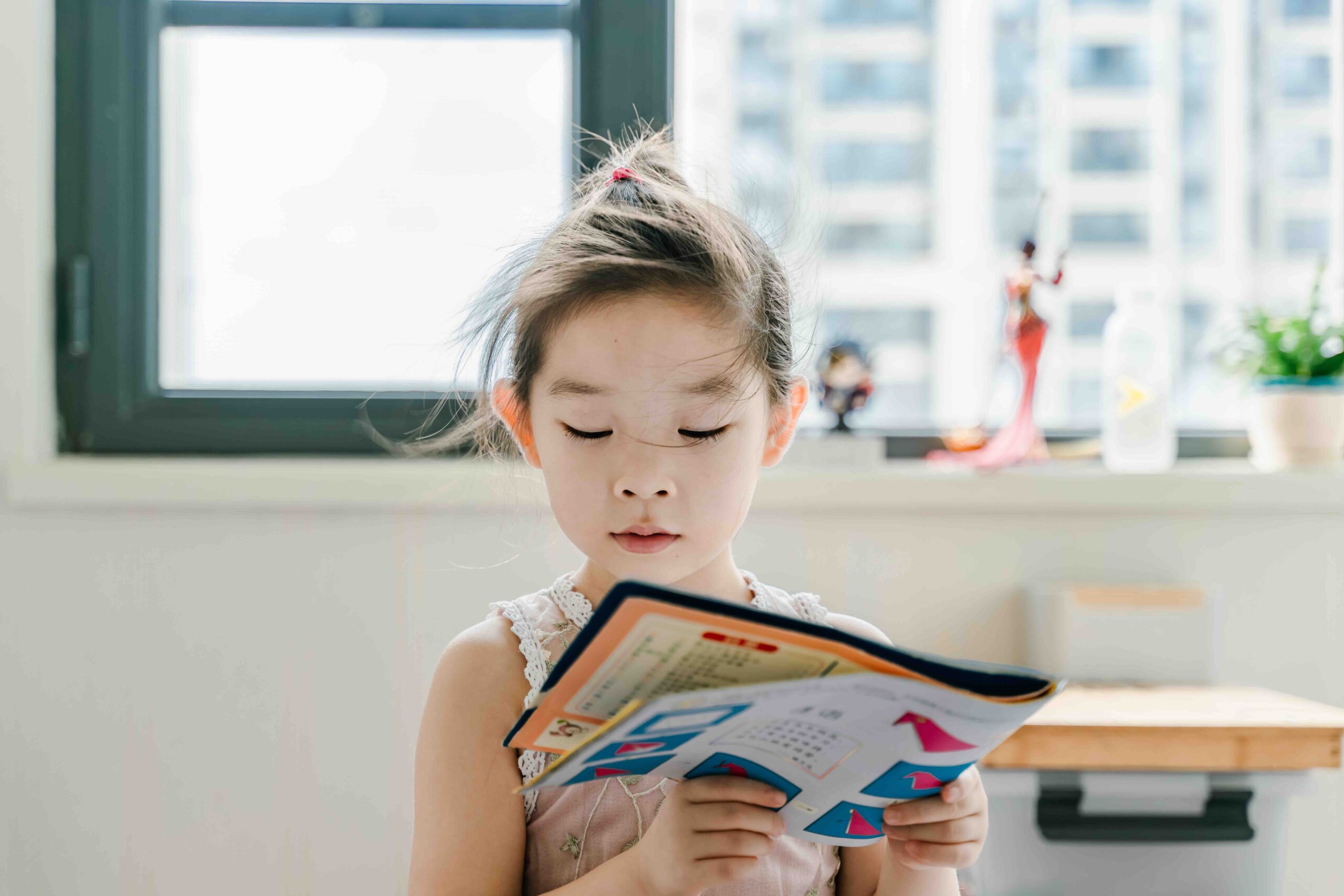What is learning in early childhood and why is it important?
Children Are Perfect: We just help them stay that way
From the moment our children enter the world they’re shaped by everything around them. Every child is born as a perfect canvas – primed and ready to absorb the world around them – with the learning and experiences a child encounters during their early formative years shaping how their brain grows and develops.
Of course, genetics also play an important role in development. But those essential experiences and the stimulation they bring have a dramatic impact, both in the early years and on the adult they’re set to become.
The Crucial Role of Early Childhood Education
The word ‘education’ is often mistakenly applied only to academic learning. However, in truth, learning experiences occur all the time. During a child’s early years this is even more relevant, as they are creating the building blocks of their future selves.
The Reggio Emilia philosophy embraces this, viewing the young child as strong, capable and resilient. Taking advantage of every child’s innate curiosity, the approach allows individuals to explore the world in their own way, playing, discovering and learning as they do.
An Adult Responsibility to Childhood Development
Using words such as responsibility, development and education are important when it comes to understanding the unique aspects of the Reggio Emilia approach. However, they can, if we’re not careful, lead people to believe the philosophy is structured and perhaps overly strict. Nothing could be further from the truth.
Let’s consider this ‘perfect’ child that we’ve mentioned – the tiny human being that’s ready to learn and cultivate their character, personality and the foundations that will shape the adult of the future. What the child is not, is an empty vessel just waiting to be filled with knowledge supplied from someone else. Instead, Reggio Emilia considers them to be central to their own learning, able to follow and explore the interests that most appeal to them.
So, what does that mean and how does it work?
Well, it’s all to do with educators (and that means both formal early childhood educators and parents/guardians within the home) encouraging the child to use everything available to be able to allow them to express themselves.
3 Core Principles that Inspire Early Childhood Learning
The child, The teacher and The environment are the 3 core principles behind the Reggio Emilia philosophy.
There are 3 core principles behind the Reggio Emilia philosophy.
- The child: Every child is unique and discovers the world at their own pace. Allowing them to follow what interests and inspires them leads to multiple ways to play, think, and explore. This allows them to build upon ideas, revisiting a concept as many times as they choose to further their learning.
- The teacher: Reggio teachers are masters of observation. Rather than directing their charges, they gently guide them towards areas that they might find interesting. This allows the child to experiment as they choose, learning from mistakes, finding solutions and making discoveries.
- The environment: The importance of an open, free-flowing environment can’t be over-stressed. This allows for uninterrupted and continual learning – both inside the classroom and in outdoor spaces. The child should be free to wander between formal and informal learning areas, as well as having plentiful access to multiple stimulating resources that they can visit whenever they choose.
Perfection in the Making
Harking back to our title – that children are perfect – once you understand the rationale behind the Reggio Emilia approach, the role of the early childhood educator becomes much clearer.
This is the nurturing, co-learning environment that’s found in all Nido Early School child care centres. From encouraging their charges to learn through all of their senses (think the feel of sand in the fingers, the sound of a sea shell, or the smell of a ripe orange) through to meticulously planned custom designed classrooms that embody the Reggio approach of free movement, every child who attends enjoys full encouragement for their self-expression.
Find out more at www.nidoearlyschool.com.au or pop into one of our nationwide centres to experience our wonderful atmosphere for yourself.















